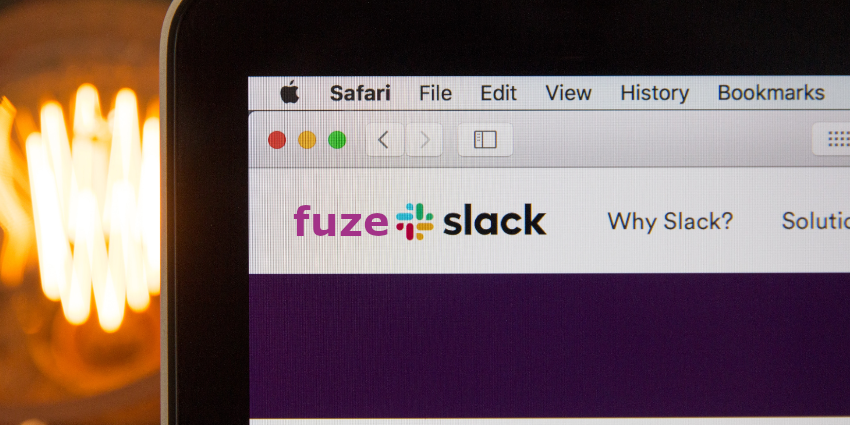Slack is lacking in terms of all the other features most mainstream collaboration tools have. It does not have native video, calling, or other features that truly enable unified communications and collaboration. Slack’s focus since its inception has been on the large developer base who use the platform to keep track of tasks, communicate with each other, and more.
To gain a more commercial appeal, and stop complaints of its lack of user-friendliness, Slack will have to make a move so drastic, it will effectively catapult it into digital transformation, one like purchasing Fuze, according to Zeus Kerravala, Founder and Principal Analyst, ZK Research. The crux of Kerravala’s argument, the UC space grew out of video conferencing, audio calling, chat, and these elements have come together.
“RingCentral’s done a great job at this, starting with a video solution and the company now has a full collaboration suite, so does Avaya with its ‘Spaces’ offering. Many UC and collaboration brands have built out full-stack solutions, and Slack will have to do the same if it wants to stay relevant”
He said it was not unusual to go to a company that paid for Slack. That same company may have also subscribed to the other services, Zoom, for instance, to take advantage of some of the more advanced collaboration features like video conferencing. You look at Zoom chat, Webex Teams, Microsoft Teams, and these solutions present a well-rounded offering.
“For Slack to stay competitive, the collaboration company will have to build its platform, which will take some time, partner with someone, or make an acquisition, this makes Fuze a viable option to give Slack a competitive and cost-effective solution”
Slack needs integrated settings, and when you look at data around those who do not have a desktop, Slack should consider an integrated stack, according to Kerravala. Slack is a bit cryptic for the average user, but for developers, it might be worth it for them to stay with Slack and pay for two platforms, but not for the average user.

Slack has already done a lot to tackle user-friendliness, releasing a series of UI updates and putting a greater emphasis on mobile usage, but the acquisition of Fuze could lead to Slack staying even more relevant and gaining a much broader commercial appeal. “I think the chances of Slack acquiring a company to realize a full-stack, perhaps over a 70 percent chance.”
I reached out to Slack, and it refused to comment, leaving me with even more questions. Kerravala said Slack owes it to its shareholders to upgrade the platform’s capabilities, adding “In the UC industry, there’s too much supply and not enough demand.” Companies have to think long-term about working from home and should ask Slack if it plans to fully-enable all the aspects of remote working realized by a full-stack collaboration platform.
It is not cost-effective to leverage two platforms when you can have one platform that does everything, so Slack really should take a look at its roadmap if it doesn’t already have plans underway to scoop up a company that could thrust it into the thick of digital transformation as well as to lend a lot of value to users.







